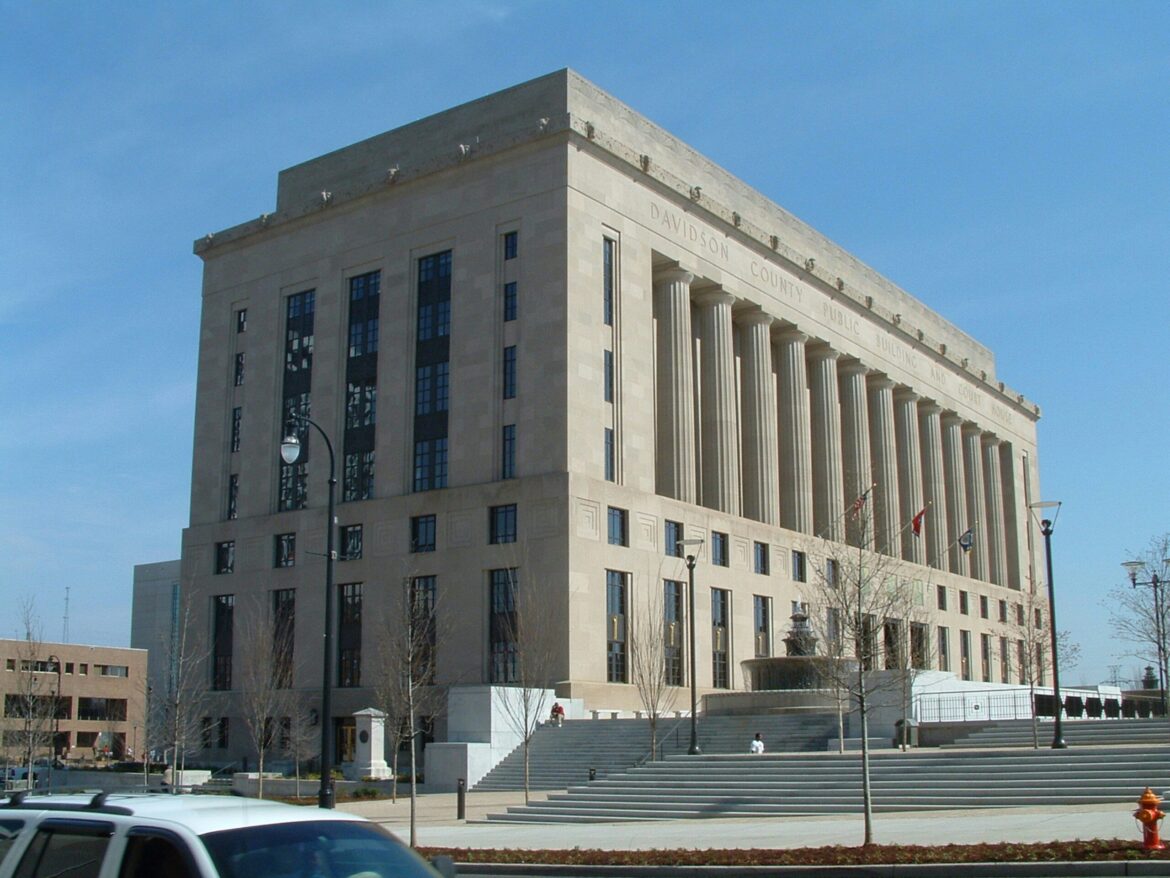In a major judicial intervention, U.S. District Judge Carl J. Nichols issued a temporary injunction on February 7, 2025, effectively blocking an executive order from former President Donald Trump that aimed to place over 2,200 employees of the United States Agency for International Development (USAID) on paid administrative leave. This ruling represents a significant pushback against attempts to use executive power to unilaterally reshape the federal workforce, particularly in a critical foreign aid agency.
Trump’s executive order, issued in January, was part of a broader plan to restructure USAID, which plays a key role in delivering humanitarian aid and promoting global development. The order cited concerns about internal inefficiencies and alleged political bias among senior staff. However, critics argued that the move was a politically motivated attempt to sideline career civil servants and install loyalists, particularly as the agency’s work increasingly intersects with global political interests.
The legal challenge was brought by a coalition of USAID employees and advocacy groups who claimed that the order violated federal employment protections and the Constitution’s due process clause. In his ruling, Judge Nichols acknowledged the serious legal questions involved, particularly regarding the balance of powers and employee rights under civil service laws. By issuing the injunction, he paused the enforcement of the executive order pending further judicial review.
Legal experts note that the temporary injunction could have lasting implications for the extent of presidential power over federal agencies. “This decision is not just about USAID,” said Laura Berman, a constitutional law professor at Georgetown University. “It’s about whether a president can unilaterally dismantle sections of the civil service without Congressional oversight.”
The Biden administration, which inherited the legal challenge after President Trump’s departure, has expressed support for the court’s decision. A White House spokesperson stated that the administration is committed to protecting the independence and professionalism of the civil service, including employees at USAID.
For the employees affected, the ruling provides a temporary reprieve. Many had expressed anxiety over their job security and the future of the agency’s operations. USAID is involved in several critical missions worldwide, including disaster relief, global health initiatives, and support for democratic institutions.
The court’s next steps could determine the broader legal precedent surrounding executive authority in federal employment matters. Until then, the agency will continue its work without the disruption that the executive order threatened to impose.

